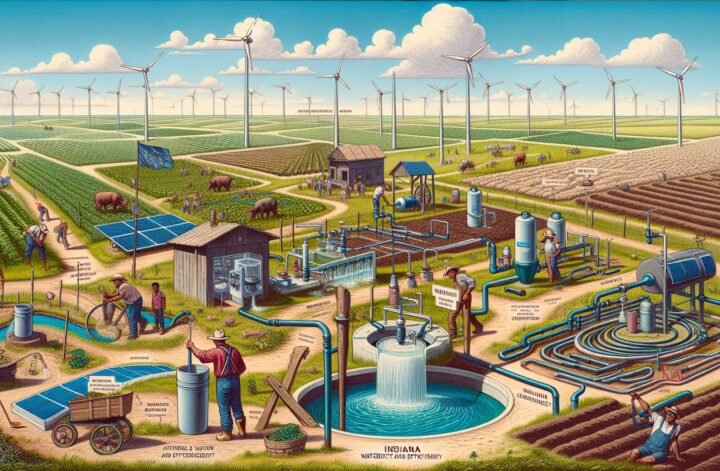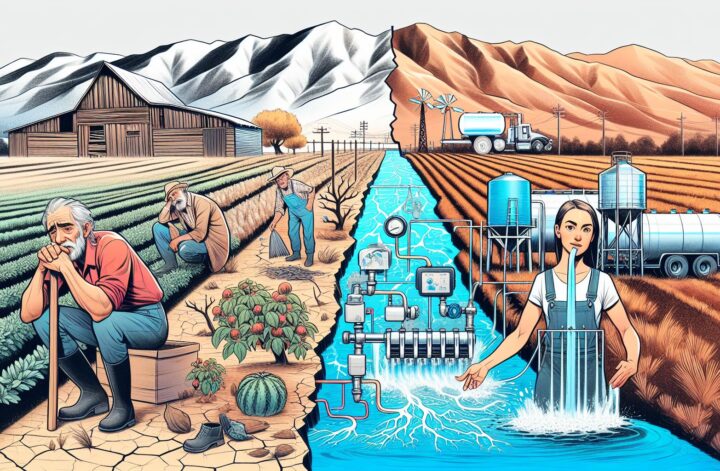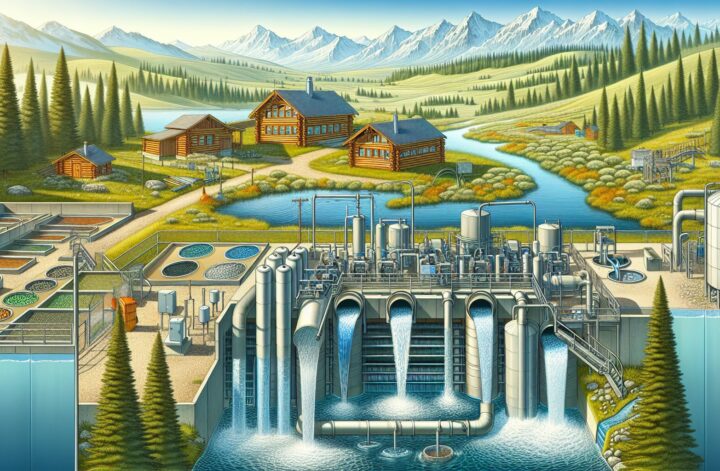Access to safe and clean drinking water is a quintessential human right. Water, an essential commodity Without which life cannot exist has been a matter of grave concern in the rural areas of Arizona. Arizona’s vast desert landscapes and sparsely populated remote areas make rural water and wastewater systems a challenge.
According to the Environmental Protection Agency (EPA), nearly one quarter of the national population relies on privately owned and small community water and wastewater systems, many of which are in rural areas. These systems face unique challenges in delivering and maintaining service. It becomes even more complicated in Arizona due to the state’s huge rural region, limited water resources, and harsh climate conditions.
The major issues faced by rural communities in Arizona in managing their water and wastewater systems are financial, technical, and managerial. Limited funding, inadequate technical staff, a dearth of quality infrastructure, and lack of management expertise exacerbate their capacity to cope with these challenges.
Water sustainability is a significant issue in Arizona’s rural areas, primarily due to the vast desert geography. Providing year-long water services to such regions is logistically complicated and economically challenging. The majority of Arizona’s rural communities rely on groundwater resources, and in areas with limited groundwater, this presents a crucial challenge.
The state of Arizona, however, has taken initiatives to improvise these conditions. According to the Arizona Department of Environmental Quality (ADEQ), various programs and grants are aiming to provide financial and technical assistance to help the rural communities improve their water and wastewater systems. These initiatives are designed to help small communities develop and maintain sustainable systems.
Another initiative, the Rural Water Infrastructure Committee (RWIC), was established by the Governor of Arizona in 2017. This committee is tasked with identifying financing mechanisms, propose legislation, and develop strategies to address Arizona’s rural water infrastructure needs.
In the face of a changing climate and increased water demand, it’s essential that rural Arizona continues to innovate and adapt to ensure a sustainable future for their water and wastewater systems. Agencies, communities, and initiatives must work together to ensure clean, reliable water for all of Arizona’s residents.
Providing clean and reliable drinking water and wastewater services in rural areas may be challenging, but it is attainable – with the continued collaboration and commitment of communities, regulators, and state policymakers.




